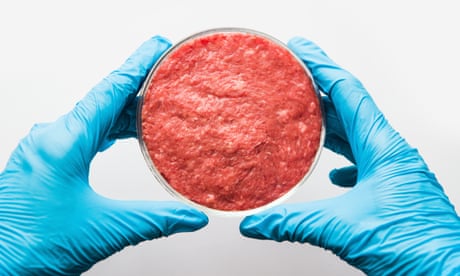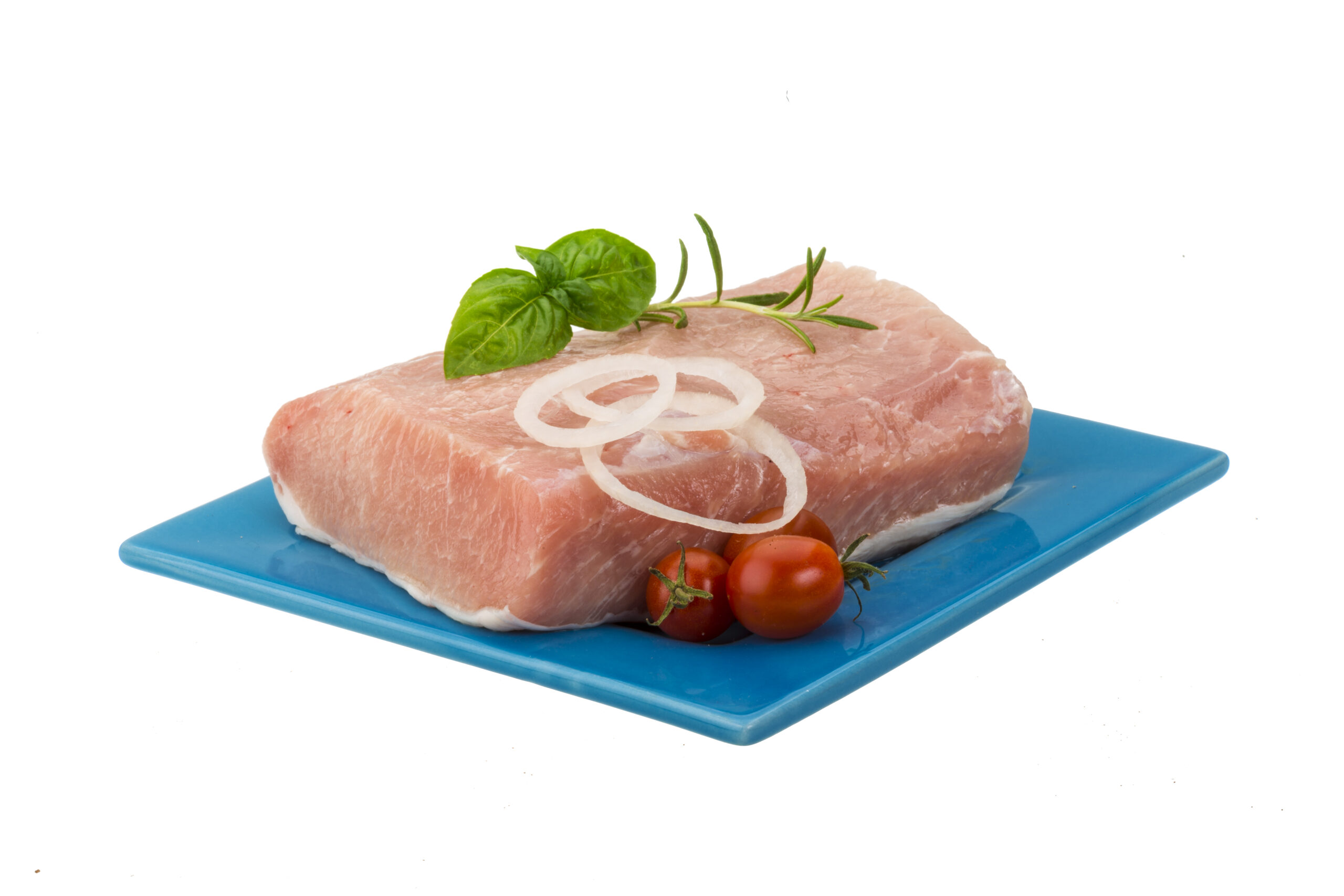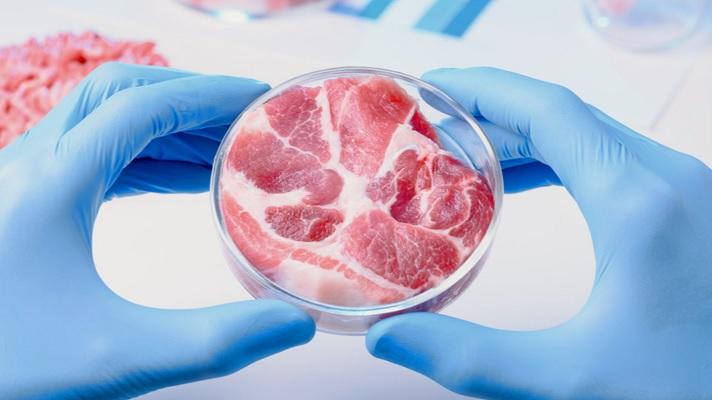Advocates of cultivated meat say it’s better for animal welfare and the environment, but the jury is out on whether the industry is headed for greener pastures
The liability waiver does not inspire confidence. I am not a natural thrill seeker, but in my limited experience, sitting down in an empty Melbourne cafe to eat a snack is not a typical activity that “may cause serious or grievous injuries, including bodily injury, and/or death”.

I am here to taste a product that is much hyped but not yet commercially available in Australia (and most other jurisdictions): meat that has been grown in a lab.
The meat in question is a soupçon of pork, which has been cultivated from the cells of a pig’s ear. The pig, I have been assured by Paul Bevan, the chief executive of cultivated meat startup Magic Valley, is still alive and well, continuing to live “its happy, healthy, normal life”.

Lab-grown meat – or cultivated meat, as it is known in the industry – is purported by its proponents to be better for animal welfare and the environment. It exited the realm of science fiction in 2013, when a research team at Maastricht University presented the first prototype, a lab-grown beef burger patty.
** Click here to read the full-text **








